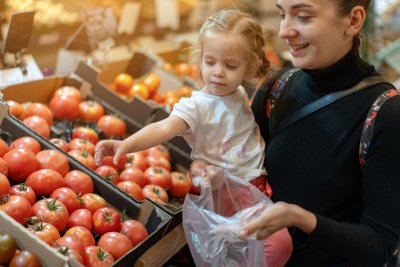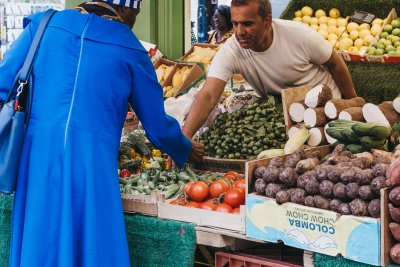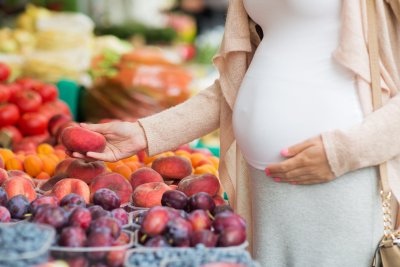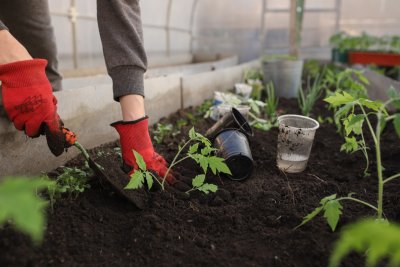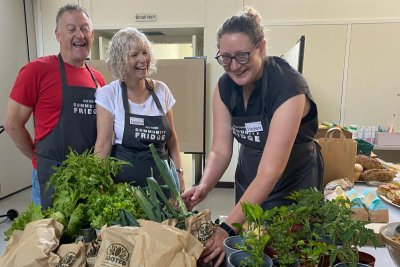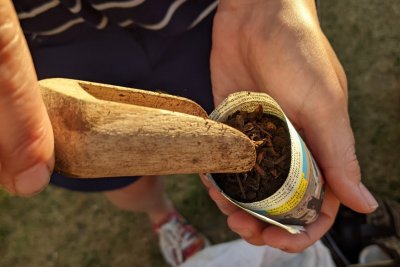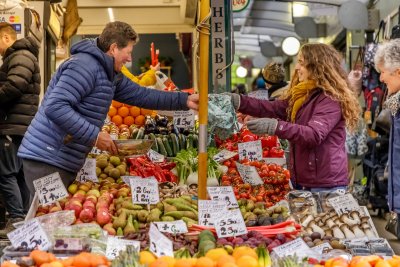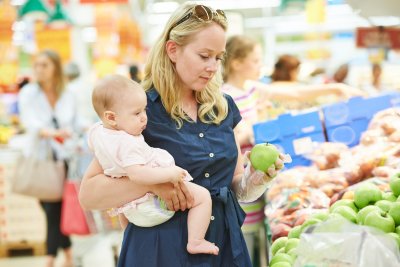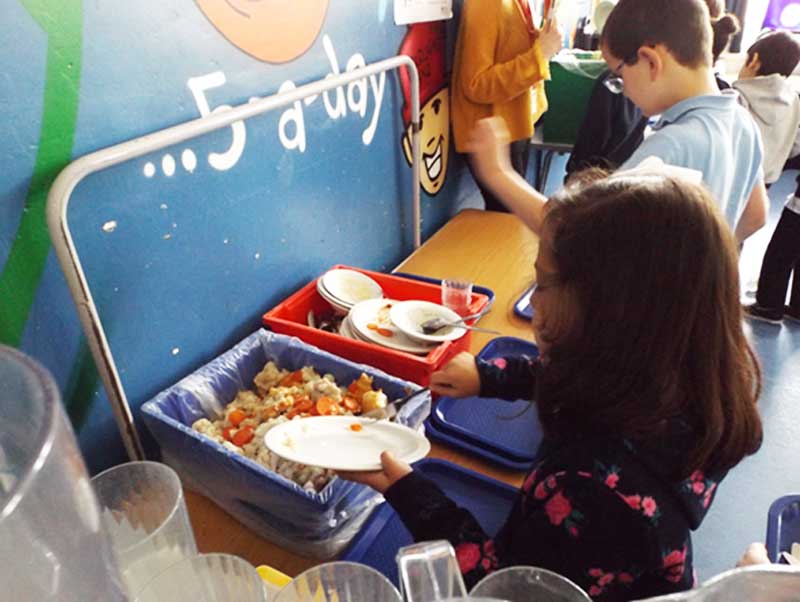 School Food Audit. Credit Brighton and Hove Food Partnership
School Food Audit. Credit Brighton and Hove Food Partnership

Cutting back on waste so more vegetables are eaten
Food waste audits at schools uncover how much is wasted and what the solutions are to avoid vegetables being wasted.
Brighton and Hove was one of the first Veg City pilots. The city pledged to work with caterers in the citywide Good Food Procurement Group to increase veg consumption by, among other actions, inviting them to take the ‘2 x 2020’ pledge to serve two portions of veg with each main meal. The Group is made up of a range of large organisations including all three local NHS Trusts, the City Council and County Councils, education establishments including nurseries, primary and secondary schools, colleges and universities, venues like the Brighton Pavilion, Brighton & Hove Albion football club, local leisure provider and workplace canteens. Collectively they serve over 2 million meals a month. Feedback from an online survey showed that 45% of the caterers that responded already serve two portions of veg with every meal and 45% pledged to do so.
One of the key caterers in the group is the Brighton and Hove City Council’s Primary School Meals Service. Working with their contracted caterer, Autograph, almost 11,500 meals are served in 90 mins every day across 64 primary schools in the city. Children choose from 2 hot options daily which are cooked from scratch. The children are given two 35g portions of veg with every meal plus they also have a salad bar – so they already meet the target of 2 x 2020.
The council asked the Brighton and Hove Food Partnership to carry out a food waste audit at two of the primary schools to better understand:
- HOW much food is actually being wasted
- WHAT is being wasted
- WHY the food is being wasted
The most wasted type of food was vegetables. The reasons behind this had to do with consistency (many children prefer their vegetables raw), shape or simply the type of veg on offer. The favourite vegetables were carrots, followed by cucumber and corn.
Based on the findings of the food waste audits, the Food Partnership made a number of recommendations and the Brighton & Hove City Council Primary School Meals Service pledged to:
- Trial raw veg
- Promote “Eat a Rainbow” message
- Train staff to reinvigorate salad bars
- Increase consumption of vegetables by children, rather than just increase number of portions available, with a target to reduce food waste.
The Food Partnership will be running two more food waste audits in the summer of 2018, so they can see if any of the interventions have been successful. They will combine the audit with some classroom activities to help the children understand about food waste and about different types of vegetables.
Veg Cities: We need your help to get your city or local area growing, cooking, selling and saving more vegetables.
Sustain
The Green House
244-254 Cambridge Heath Road
London E2 9DA
020 3559 6777
sustain@sustainweb.org
Sustain advocates food and agriculture policies and practices that enhance the health and welfare of people and animals, improve the working and living environment, promote equity and enrich society and culture.
© Sustain 2025
Registered charity (no. 1018643)
Data privacy & cookies
Icons by Icons8
